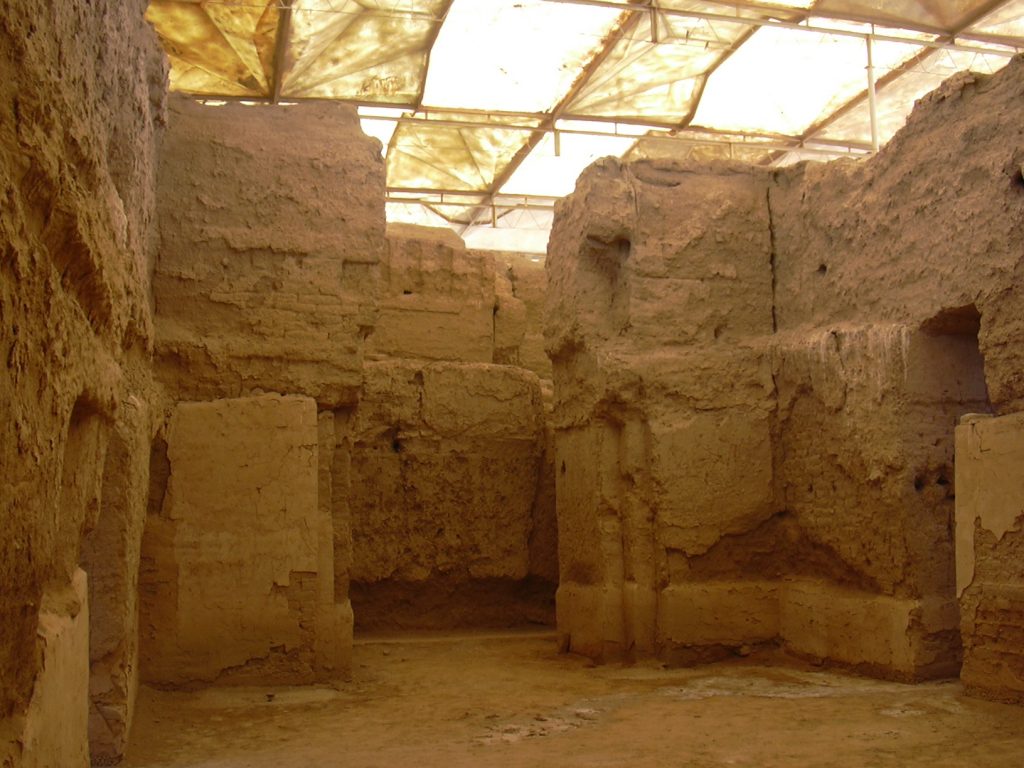Kings of Mari controlled an important trade route in the valley of the Euphrates River in the 3rd and early 2nd millennium BCE. Although their country was situated in an area with unfavourable conditions for agriculture, the economy of the kingdom of Mari could support a big population. The key to understanding this paradox is animal dung.
The kingdom of Mari was the most powerful country of north Mesopotamia in the 3rd and early 2nd millennium BC. Its power is reflected both by the size of its capital (modern archaeological site of Tell Hariri), which occupied an area of more than 60 hectares – more than Cracow in the 13th century – and by the fact that six of its rulers were included in the Sumerian King List, that is a record of the dynasties that were regarded as those holding superior power in Sumer. The dynasty from Mari was the only dynasty from north Mesopotamia on this list.

Photo: Herbert Frank
(Published under CC BY 2.0, via Wikimedia Commons)
Continue reading “Animal dung as a strategic resource in the kingdom of Mari”
